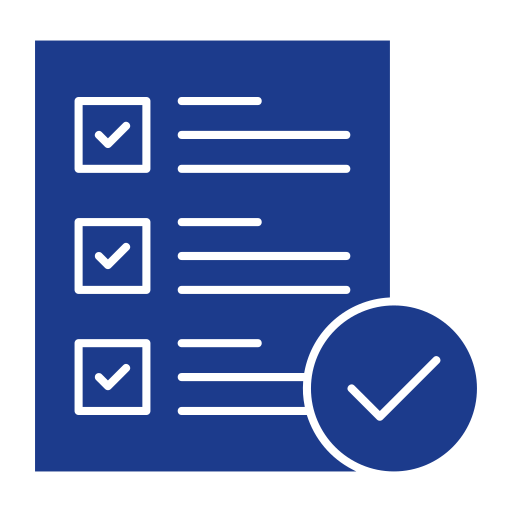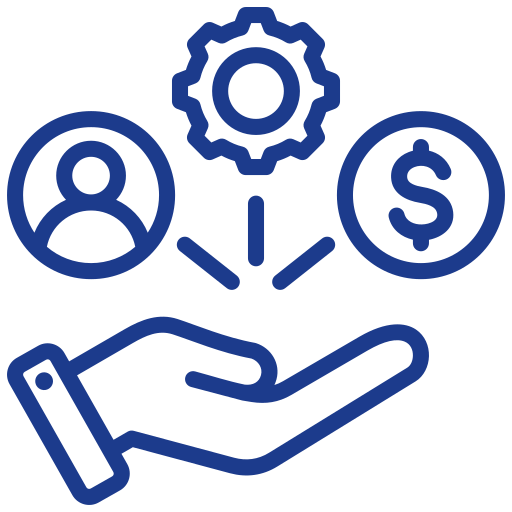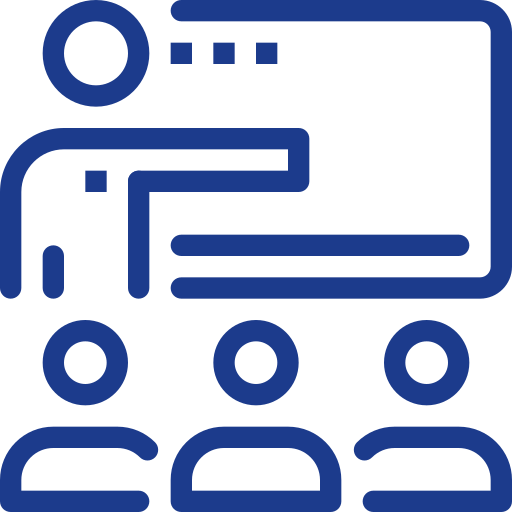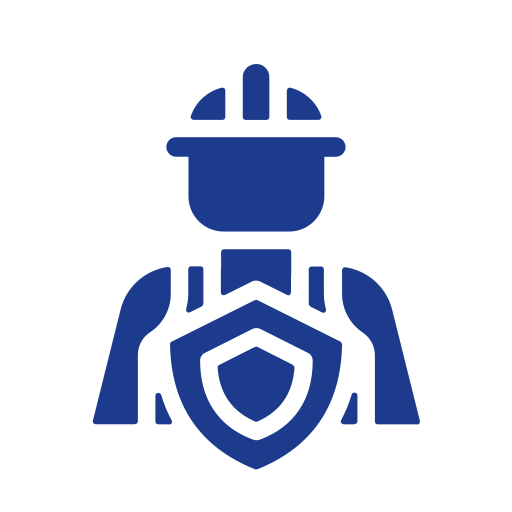-
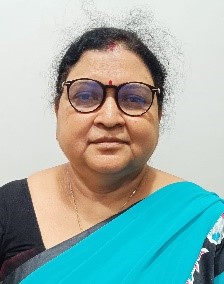
Dr. Snehaprabha Mohapatra
Assistant Director
-

Smt. Bandita Pattnayak
Assistant Director
About the Department
State Council of Educational Research and Training (SCERT), Odisha, Bhubaneswar organizes various training programs and workshops for capacity building of DIET faculties, educational administrators, Principal/Headmasters of Upper Primary and Primary Schools, CRCCs. Trainings are mainly subject-based and skill-based. Through these trainings and workshops participants are oriented and trained on new education policies and programmes, educational pedagogy and classroom management. District level master trainers are trained at state level. Further district level master trainers provide training to block level master trainers in their respective districts. These master trainers provide training to teachers. Training is conducted on the basis of training modules.
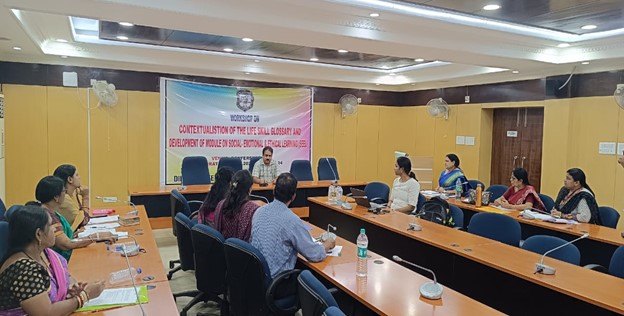

Vision and Objectives
- Professional Development: Enhance the skills and knowledge of employees to improve their performance and career prospects.
- Quality Improvement: Ensure that employees are well-trained to maintain and improve the quality of services provided by the organization.
- Adaptation to Change: Equip employees with the skills needed to adapt to new technologies, methodologies, and regulations.
- Employee Retention: Increase job satisfaction and retention by investing in employee growth and development.
Areas of Work
-
Needs Assessment
-
Program Development
-
Training Delivery
-
Evaluation and Feedback
-
Resource Management
-
Technology Integration
-
Career Development
-
Orientation Programs
-
Skill Enhancement Workshops
-
Leadership Training
-
Technology Training
-
Compliance and Safety Training
-
Performance Improvement Plans


